From 2007 to 2021, IPPF implemented the Global Comprehensive Abortion Care Initiative (GCACI) in partnership with 23 Member Associations (MAs) in Africa, Asia, Europe and the Middle East. MAs provided quality comprehensive abortion care and contraception, implemented community awareness-raising and stigma reduction strategies, conducted targeted advocacy to create an enabling environment and used client-based data to improve abortion care. The years in brackets for each country in the map below denote the period of MA participation in the GCACI programme.
Highlights of achievement and impact
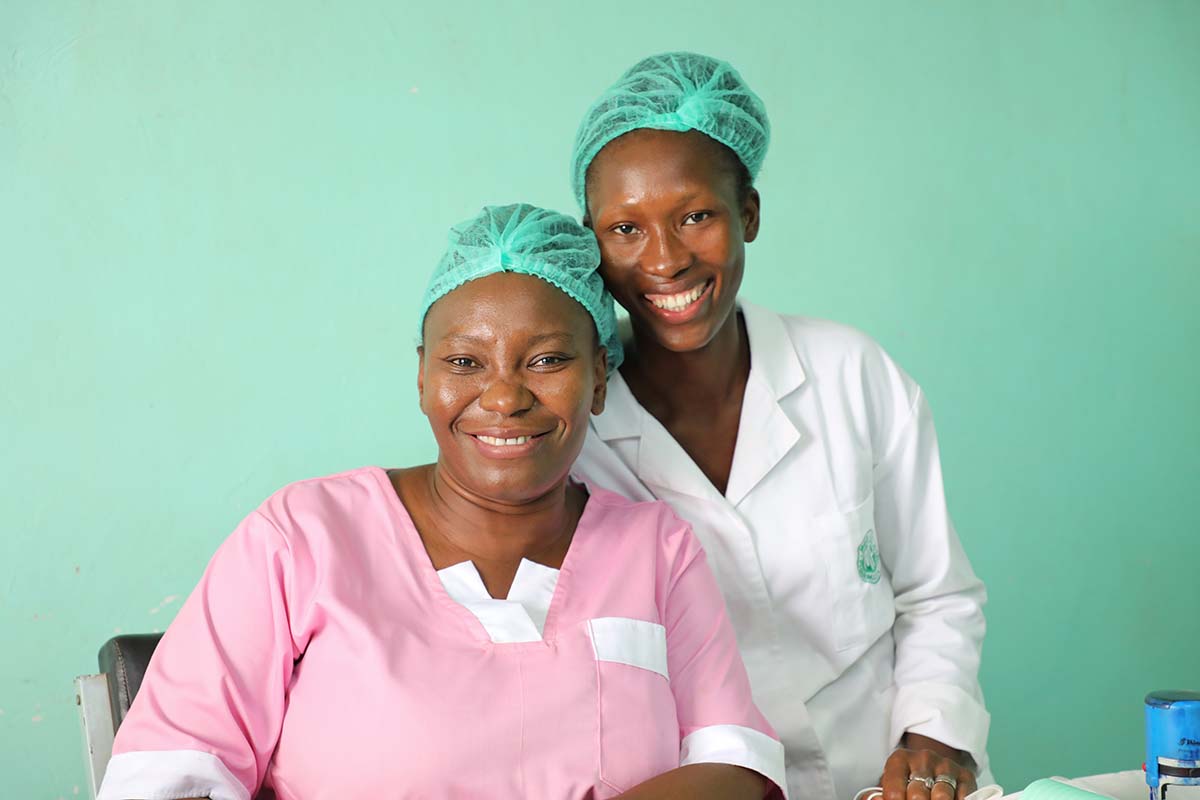
 Indonesia Published in 2007
Indonesia Published in 2007 Reducing unintended pregnancies and unsafe abortion practices
Indonesian Planned Parenthood Association (IPPA)
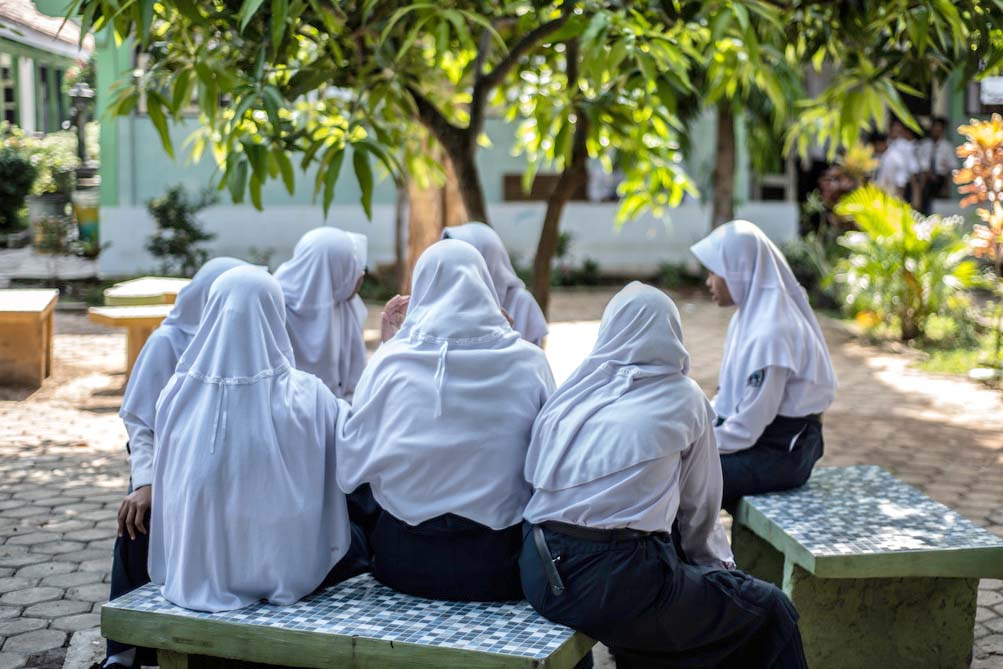
The Indonesian Planned Parenthood Association (IPPA) included abortion as one of its priority areas in its 2005-2009 strategic plan. IPPA’s main abortion-related activities in 2007 included conducting research to assess clients’ needs, developing guidelines on counselling clients for seeking safe abortion, providing abortion-related and family planning services, disseminating sexual and reproductive health information, building the capacity of service providers and advocacy.
IPPA serves as a source of information on sexual and reproductive health for the local, national and international (Al Jazeera TV) media, enabling pro-choice messages to be widely disseminated. The Member Association played a leading role in meetings with other agencies such as the Ministry of Law, Regulations and Human Rights, and the police, to promote reproductive health services, including safe abortion. They also provided input during parliamentary sessions related to abortion, as well as creating opportunities for discussion and dialogue with Muslim leaders. As a result of these efforts, a book has been produced by Muslim organizations entitled ‘The reinterpretation of Islamic law on abortion’. This serves as an excellent advocacy tool regarding abortion and Islamic law.
The Member Association has secured the commitment of board members and clinic staff to provide rights- based services for the prevention of unwanted pregnancy and unsafe abortion. IPPA has developed counselling guidelines on abortion-related services which provide guidance for clinic staff to provide pre- and post-abortion counselling and care. Furthermore, training on surgical abortion and post-abortion contraception was provided to clinic staff.
Lessons learned
The availability of comprehensive clinical protocols for safe abortion and the development of abortion counselling guidelines have been vital to ensure that service providers follow and learn from best practices. The introduction of abortion counselling guidelines has emphasized the importance of pre- and post-abortion counselling for all clients seeking abortion services. The systematic provision of post-abortion counselling and contraception reduces the incidence of future unintended pregnancies and makes the issue of abortion more acceptable within the Indonesian context.
Due to the sensitive nature of abortion in an Islamic country, community sensitization activities, particularly with Muslim leaders, are crucial to ensure that barriers to service uptake are reduced. Opposition from religious groups can severely hamper service provision and uptake, by intimidating service providers and harassing clients and their partners. Significant work on raising awareness about reproductive rights is needed to combat myths and misconceptions around abortion, and to ensure that people have correct information about the use of traditional herbs and medicines.
Impact statistics, 2007-2019
18,810 unintended pregnancies averted
7 maternal deaths averted
6,254 unsafe abortions averted
40,518 number of abortion clients
135,745 number of contraceptive clients
In 2008, the Global Comprehensive Abortion Care Project (GCACP) held its first review meeting which brought together representatives from participating Member Associations to share experiences.
This opportunity for Member Associations to share and learn from each other is a capacity building strategy that is very successful in improving organizational effectiveness and identifying shared challenges and appropriate solutions. One of the key strategies for overcoming barriers to safe abortion services identified in the review meeting was the importance of working with supportive members of religious, media and community organizations. Member Associations agreed on the importance of regular value clarification with staff, including the need to dispel myths about complex sexual and reproductive health issues. Participants in the meeting also highlighted the need to use practical tools to train clinical staff on quality of care standards as well as to identify areas requiring further investment.
The weekly abortion abstracts continued to provide updates on pro-choice information, new and scientific developments to the Federation and to external audiences. Other important capacity building initiatives included technical support through monitoring visits, training in strategies for enhancing access to safe abortion, and training on the new clinical management information system.
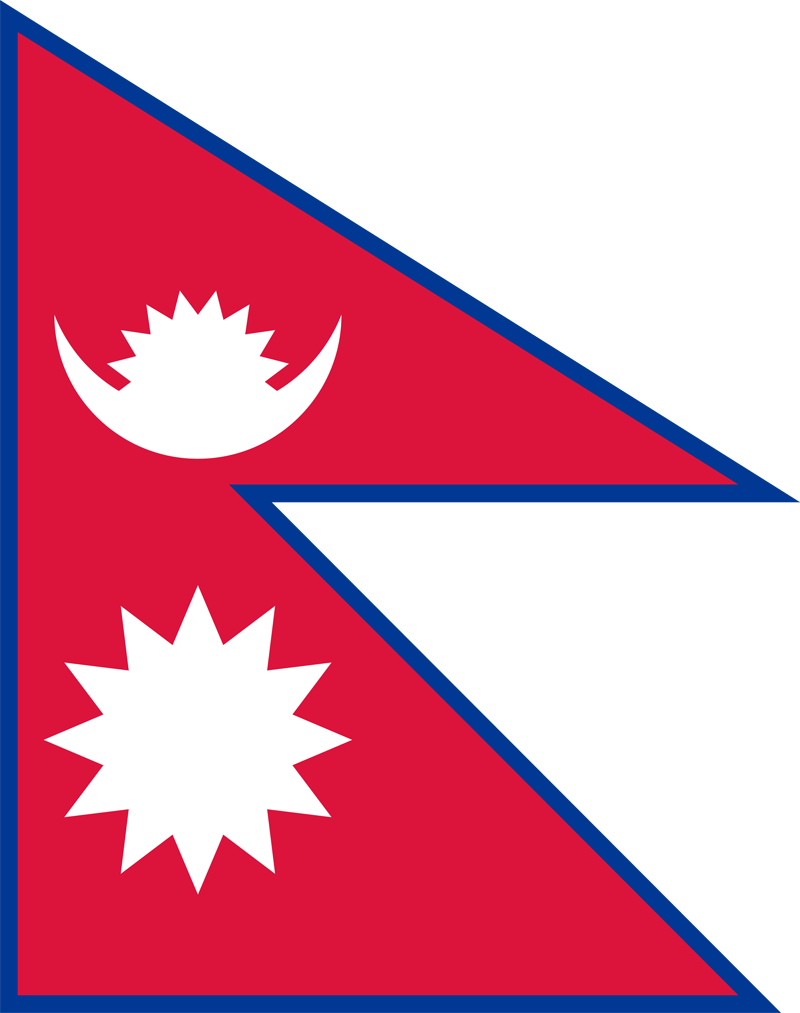 Nepal Published in 2010
Nepal Published in 2010 Working with pharmacists to increase access to safe abortion in Nepal
Expanding the channels through which safe abortion information and services are provided is vital for improving access to safe abortion.

Recognizing this, Family Planning Association of Nepal (FPAN) signed a memorandum of understanding with the National Federation of Chemists and Druggists in 2006, under which more than 150 private pharmacists and chemists have been trained to discuss abortion with clients and to refer them to safe abortion service providers, including FPAN clinics. In addition to training on how to talk to clients about abortion, chemists have received a directory of safe abortion services in their area and information materials that they can give to their clients. Selected pharmacists and chemists have also been approved to carry the FPAN logo to ensure that prospective clients know where they can locate quality services.
Furthermore, two FPAN clinics in Kathmandu and Itahari have provided training on medical and surgical abortion to mid-level providers from government and non-governmental facilities.
Impact statistics, 2007-2021
496,768 unintended pregnancies averted
529 maternal deaths averted
217,872 unsafe abortions averted
75,262 number of abortion clients
257,056 number of contraceptive clients
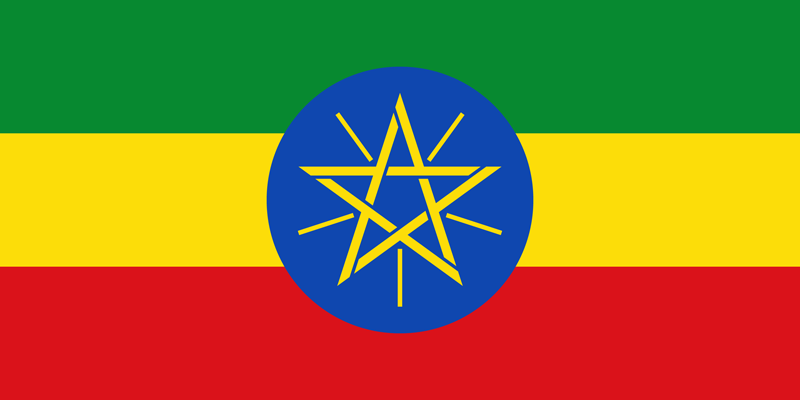 Ethiopia Published in 2010
Ethiopia Published in 2010 Introducing medical abortion
In 2006, Ethiopia’s previously restrictive abortion law was liberalized to allow abortion under a number of circumstances, such as when the pregnancy is a result of rape or incest, where the life or health of the woman or child is in danger, or where the pregnant woman is deemed physically or mentally unfit to bring up a child.

Following the legislative change, the Family Guidance Association of Ethiopia (FGAE) started to offer surgical abortion in its clinics.
Early in 2009, FGAE introduced medical abortion as an additional service, using a combination of mifepristone and misoprostol distributed under the name Medabon. The decision to introduce Medabon in addition to surgical abortion was taken to give clients a wider choice, and to make abortion available in youth centres which do not have the facilities needed for surgical procedures. In 2009, FGAE provided a total of 5,621 safe abortion services.
Impact statistics, 2011-2021
1,375,720 unintended pregnancies averted
2,776 maternal deaths averted
374,819 unsafe abortions averted
85,766 number of abortion clients
1,023,356 number of contraceptive clients

 Armenia,
Armenia, 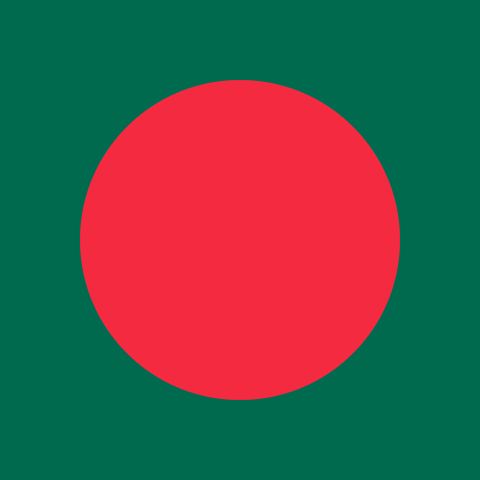 Bangladesh,
Bangladesh, 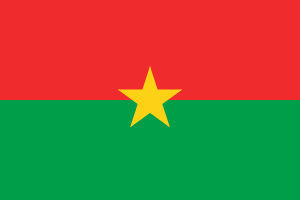 Burkina Faso,
Burkina Faso, 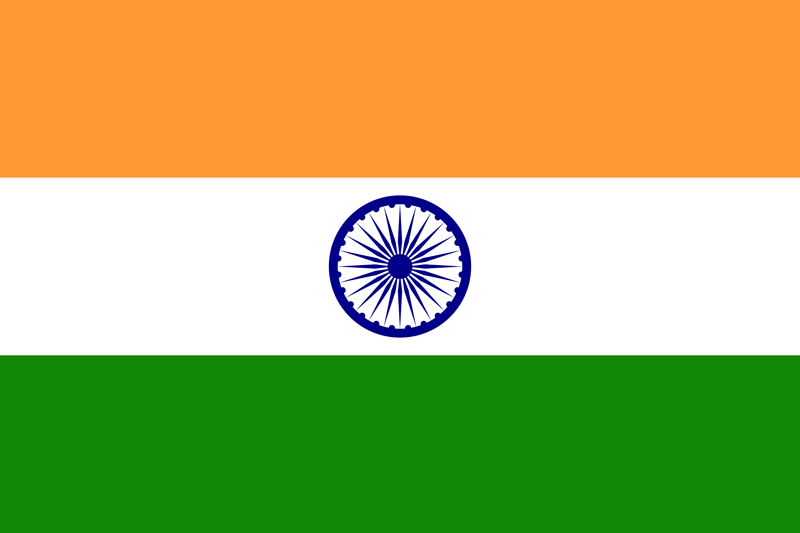 India,
India,  Indonesia,
Indonesia,  Nepal,
Nepal, 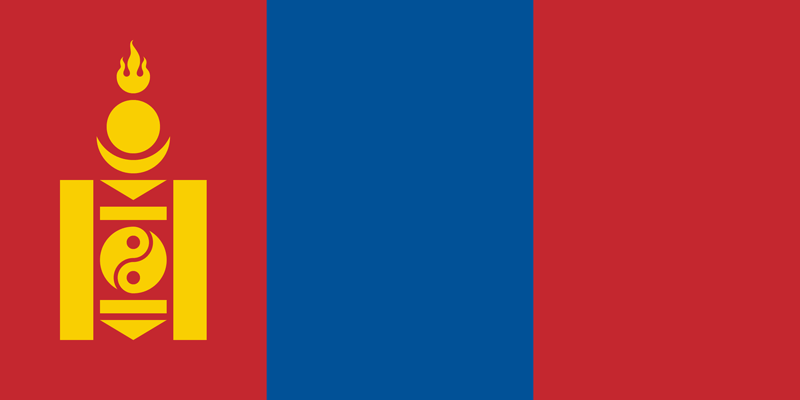 Mongolia Published in 2010
Mongolia Published in 2010 Improving access to safe abortion
In 2007, IPPF began to implement the Global Comprehensive Abortion Care Initiative (GCACI) to build the capacity of seven Member Associations (Armenia, Bangladesh, Burkina Faso, India, Indonesia, Nepal and Mongolia) to provide comprehensive abortion care and contraceptive services.
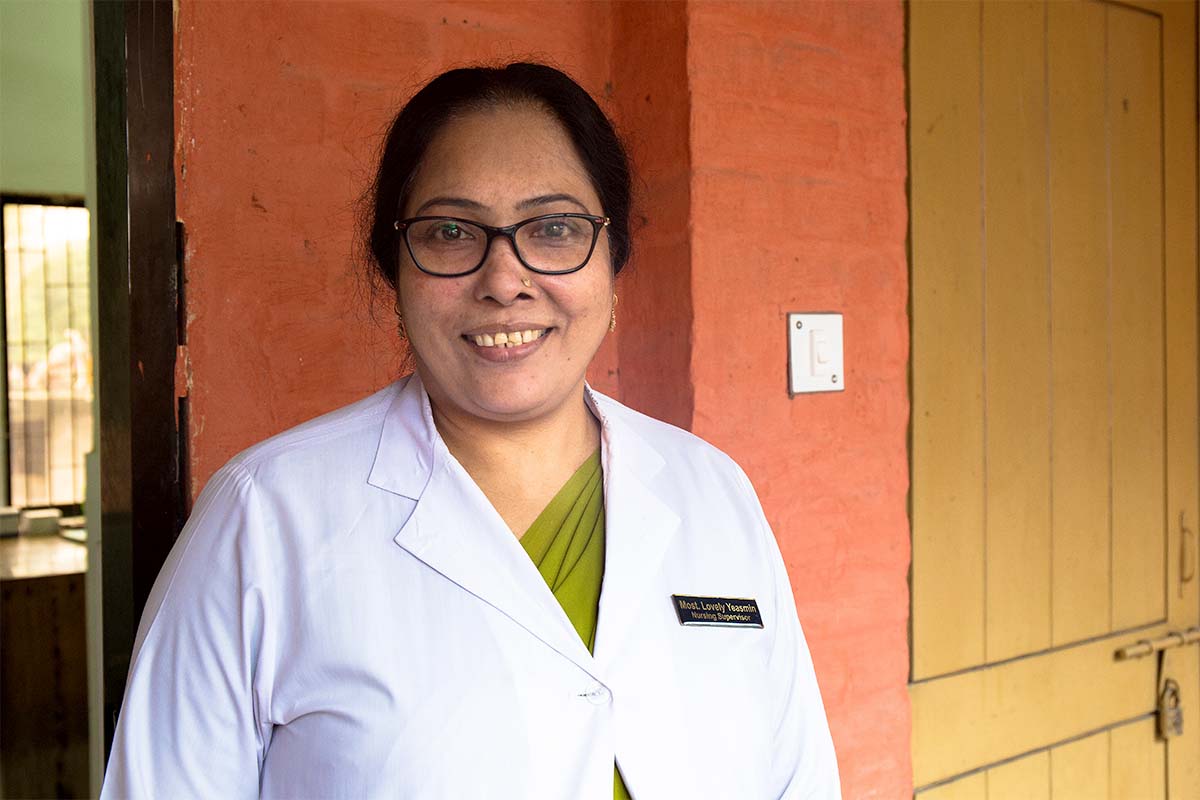
The project has focused on upgrading clinics and increasing service provider competence in offering manual vacuum aspiration, medical abortion, treatment for incomplete abortion and post-abortion contraception.
By the end of 2009, 35,861 clients had benefited from comprehensive abortion care services provided by GCACI Member Associations. Post-abortion contraceptive uptake increased with most Associations achieving over 85.0 per cent in 2009, an increase from the baseline of approximately 40.1 per cent in 2007. Moreover, a total of 147,387 clients have received contraceptive services, more than a 111.1 per cent increase since the start of the initiative.
Key GCACI highlights include the Family Planning Association of Nepal working with pharmacists to refer women to clinics for contraceptive and safe abortion services; the Member Association in Bangladesh increasing the capacity of paramedics to provide menstrual regulation services; and the Association in Burkina Faso introducing therapeutic abortion and treatment of incomplete abortion services using manual vacuum aspiration or misoprostol.
In addition to improving access to safe abortion services, the Member Association in Indonesia secured community support for increasing access to safe abortion services, resulting in community and religious leaders speaking in favour of the work carried out by the Association. The Armenian and Mongolian Member Associations have been included in revising National Abortion Guidelines and Standards. This has contributed to raising their profile as key stakeholders in the field of sexual and reproductive health service delivery and policy development in their countries. GCACI has also supported organizational learning on abortion. For example, the First Trimester Abortion Guidelines and Protocols: Surgical and Medical Procedures have been produced and disseminated to Member Associations and others outside the Federation to provide guidance on the provision of high quality abortion services.
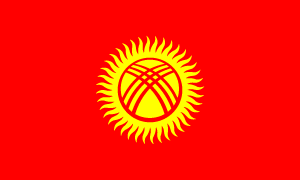 Kyrgyzstan Published in 2011
Kyrgyzstan Published in 2011 Training and Quality of Care
In 2011, the Reproductive Health Alliance of Kyrgyzstan trained 97 medical specialists in government clinics and other health care organizations in pre and post abortion counselling, medical abortion and manual vacuum aspiration.
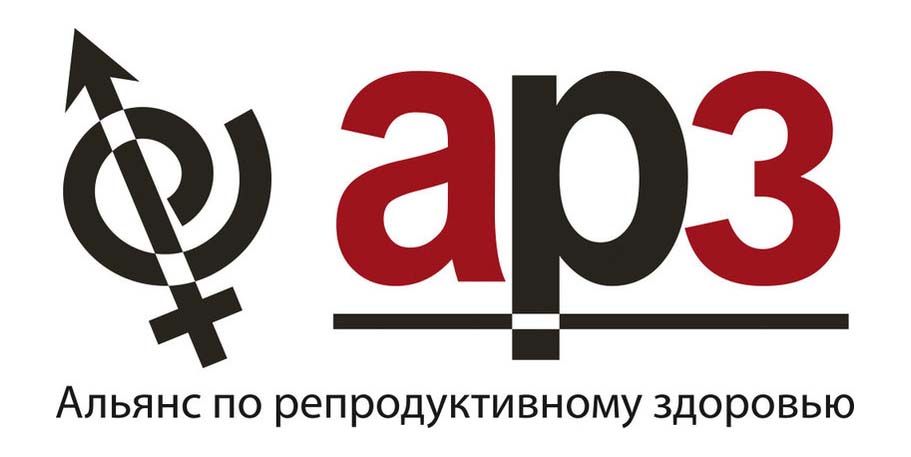
These procedures improved client safety in comparison to the outdated method of dilatation and curettage previously used by the clinics before the training. The support provided by RHAK also led to improved quality of care in the clinics, which now have new separate recovery rooms and comfortable, private rooms for pre and post abortion counselling.
Impact statistics, 2011-2013
3,034 number of abortion clients
6,677 number of contraceptive clients

 India Published in 2012
India Published in 2012 Improving performance through data use
Effective service delivery is closely linked to analysis of service data and evidence-based decision making. In FPA India, a wealth of information was being collected but only a fragment of it was being utilized to improve performance.
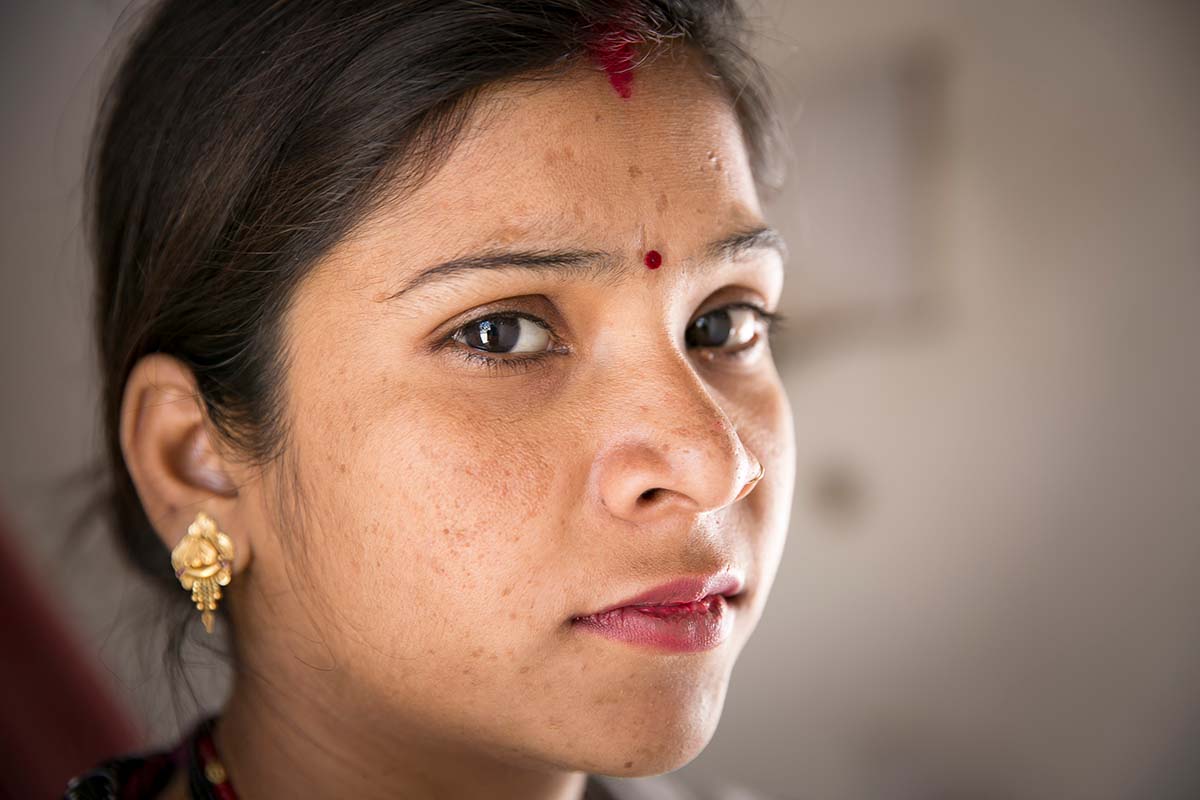
This was recognized as a missed opportunity, so clinic staff were trained on data collection, analysis, interpretation and utilization. Service data were reviewed and the following programmatic decisions were made:
- increase special service sessions in remote areas
- involve pharmacists and rural medical practitioners for abortion referrals
- increase referrals from community- based distributors
Association headquarters staff analysed and used service statistics data to improve performance by:
- providing values clarification training to staff at low performing clinics to increase the number of abortion-related services provided
- upgrading clinics with a high number of referrals for second trimester abortions to enable them to provide these services
- training doctors on STI syndromic management to increase the number of STI services provided
Impact statistics, 2008-2021
4,131,623 unintended pregnancies averted
2,746 maternal deaths averted
1,481,280 unsafe abortions averted
214,931 number of abortion clients
1,695,601 number of contraceptive clients
 Burkina Faso Published in 2012
Burkina Faso Published in 2012 Demand generation at Bobo youth clinic
The Member Association in Burkina Faso developed strategies to increase access to safe abortion services at its Bobo-Dioulasso youth centre and clinic.

Association Burkinabé pour le Bien-Etre Familial (ABBEF) forged a new partnership with a public health centre close to its youth friendly clinic for the referral of clients seeking comprehensive abortion care. In addition, ABBEF organized talks for students, young women and girls visiting its youth centre to provide information about the services offered at the adjoining clinic. These strategies have been effective, resulting in a 20 per cent increase in the number of clients provided with a surgical or medical abortion.
Impact statistics, 2009-2021
433,332 unintended pregnancies averted
1,097 maternal deaths averted
176,570 unsafe abortions averted
25,861 number of abortion clients
276,270 number of contraceptive clients
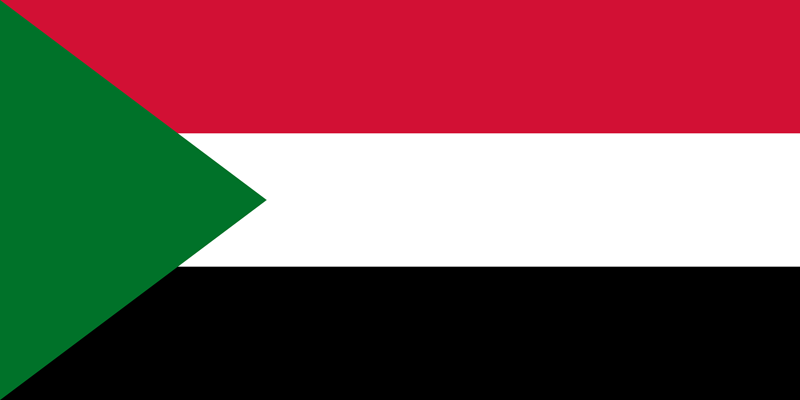 Sudan Published in 2012
Sudan Published in 2012 Increasing access to TIA
Abortion in Sudan is only legal under very limited circumstances and must be carried out in a government hospital. Many women resort to unsafe abortion because they do not know their legal rights, and because there is a lack of access to safe and legal abortion services in the country.16

To ensure clients have access to safe abortion services to the full extent of the law, the Sudan Family Planning Association (SFPA) has strengthened its partnership with government hospitals and improved its referral system. This resulted in an increase in referrals in 2012 of 84.6 per cent from 2011. SFPA staff accompany referred clients to the hospital for the procedure, and contact them afterwards to follow up and provide support where necessary.
To respond to the needs of women who have complications after an unsafe abortion, SFPA provides treatment for incomplete abortion and related counselling services in its clinics. In 2012, the Association provided training to community health workers, such as village midwives, about the dangers of unsafe abortion. These health workers raise awareness of and provide advice on the lifesaving incomplete abortion services that SFPA provides. Clients are referred by the community health workers to SFPA clinics to receive treatment for an incomplete abortion. In 2012, the number of referrals by community health workers to SFPA clinics increased by 42.3 per cent from 2011. The Association promotes accurate, effective and rights-based messaging about abortion, for example, that every client is equal and entitled to treatment for incomplete abortion. Health workers, therefore, are able to correct misinformation and reduce stigma surrounding abortion in their communities.
Impact statistics, 2011-2021
319,954 unintended pregnancies averted
626 maternal deaths averted
138,333 unsafe abortions averted
17,803 number of abortion clients
556,063 number of contraceptive clients
 Nepal Published in 2013
Nepal Published in 2013 Task-shifting for abortion care
In many countries, the limited number and availability of doctors poses a serious barrier to the provision of sexual and reproductive health services, including safe abortion.

The World Health Organization recommends that governments review national health guidelines and policy to support a more rational distribution of tasks and responsibilities among types of health workers.19 Shifting certain tasks from doctors to mid-level health providers is a promising strategy for improving access and cost-effectiveness within health systems.
In Nepal, a large proportion of the population live in isolated and hard-to-reach areas. To provide services to these communities, the Family Planning Association of Nepal (FPAN) operates 102 community clinics in rural areas where there are no government health centres. They are staffed by a nurse, a community health worker and a clinic helper, and offer a comprehensive range of sexual and reproductive health services.
Following the introduction of a national task-shifting policy in 2011 that allows nurses to provide medical and surgical abortion, FPAN advocated for government approval for nurses to provide abortion in the community clinics. In early 2014, this approval was granted for seven clinics, with a further four currently being assessed.
Nurses in the approved clinics have received training and are now providing medical abortion services in under-served communities, thereby increasing access to safe abortion services at low cost for poor and rural women. Initial client feedback has been favourable with women expressing their satisfaction with the services and fees.
FPAN is looking to scale up this approach to reach even more rural women with safe abortion services throughout the country.
Impact statistics, 2007-2021
496,768 unintended pregnancies averted
529 maternal deaths averted
217,872 unsafe abortions averted
75,262 number of abortion clients
257,056 number of contraceptive clients

 Burkina Faso,
Burkina Faso,  Kenya Published in 2013
Kenya Published in 2013 Registration of medical abortion commodities
IPPF is increasing access to safe abortion services by advocating for the registration of medical abortion commodities and increasing the range of methods available for an early induced abortion.

The World Health Organization recommends the combination of mifepristone and misoprostol as a safe and effective method of early induced abortion.
In 2013, the Member Association in Burkina Faso secured an import licence for Medabon® in partnership with the National Society for Obstetricians and Gynaecologists. The Association Burkinabè pour le Bien-Etre Familial (ABBEF) subsequently began offering medical abortion services using this combined regimen. Previously, ABBEF was providing misoprostol-only medical abortion, which is not as effective as the combined method. The misoprostol-only method has a lower success rate that can sometimes require additional surgical treatment. ABBEF is the only organization in Burkina Faso with a licence to import the combined medical abortion drug, and the first organization in the country to offer it to clients. ABBEF is currently collecting evidence on the safety and acceptability of Medabon® in collaboration with the National Society for Obstetricians and Gynaecologists in order to advocate for full registration in Burkina Faso.
Family Health Options Kenya (FHOK) has successfully advocated in partnership with the Concept Foundation and other organizations for the Ministry of Health to register Medabon®. The combined drug provides clients with the option of a non-surgical, private, highly effective and safe method to terminate a pregnancy.
The availability of this quality-controlled combination drug, in doses recommended by the World Health Organization, has already reduced the complication rates of medical abortion in FHOK. Following registration, FHOK was able to procure Medabon® at a competitive rate. Before, the Association was only able to provide medical abortion using local brands of mifepristone and misoprostol, which were not quality assured and which resulted in higher complication rates. Following the registration and procurement of Medabon®, the complication rate dropped from 4 per cent to 0.5 per cent. There has also been a 21 per cent increase in the number of clients adopting medical abortion in FHOK clinics since Medabon® was introduced.
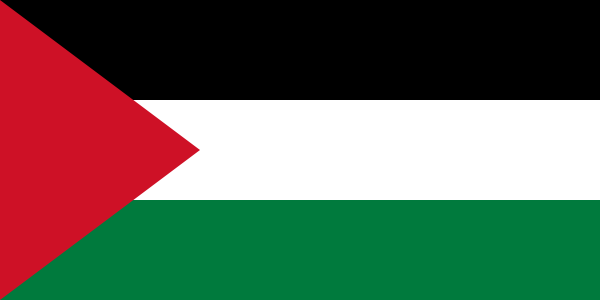 Palestine Published in 2014
Palestine Published in 2014 Implementing a harm reduction model for abortion care
A harm reduction approach to prevent unsafe abortion integrates a set of policies, programmes and practices to ensure that in a highly restrictive, criminalized or stigmatized environment, any woman who requires termination of an unwanted pregnancy is provided with essential information and resources to do so safely.

This approach is based both on human rights and public health principles. In human rights terms, it empowers women to make decisions about their reproductive lives that are right for them. On public health grounds, the approach underscores the ethical responsibility of health systems and providers to minimize risk of harm to women who seek services in restricted settings.
The Palestinian Family Planning and Protection Association (PFPPA) is implementing a harm reduction approach in an environment where legal access to safe abortion is severely restricted. Facing an increasing number of women seeking care for complications resulting from unsafe abortion, PFPPA is implementing a dual approach to address this issue. Firstly, to raise awareness of the harmful consequences of unsafe abortion, PFPPA conducts educational and outreach sessions, home visits, community meetings and dialogues with community and religious leaders. PFPPA also led a mass media campaign, working with television, radio and print media to reach a wider audience with clear messages in support as information on the implications of current abortion laws in Palestine and the consequences of unsafe abortion.
The second strategic approach involves the provision of counselling and consultation services in a safe and confidential setting, as well as information on the safer options available. PFPPA also provides post‑abortion services, including treatment for incomplete abortion, as well as contraceptive counselling and modern methods of contraception.
Using the harm reduction approach, PFPPA is supporting women to make informed choices and reducing the impact of unsafe abortion in Palestine. In 2014, PFPPA provided over 2,500 women with approximately 5,300 harm reduction services.
Impact statistics, 2016-2021
75,677 unintended pregnancies averted
15 maternal deaths averted
17,773 unsafe abortions averted
1,671 number of abortion clients
28,971 number of contraceptive clients
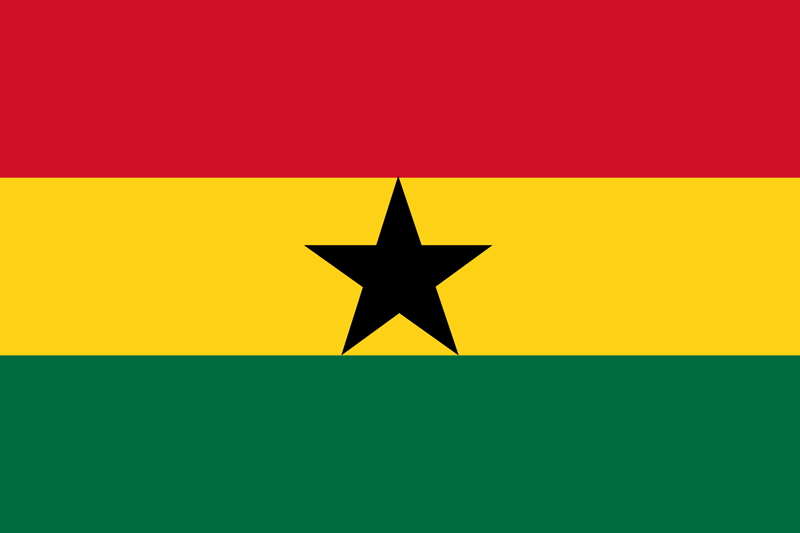 Ghana Published in 2014
Ghana Published in 2014 Radio strategy for demand creation
In 2014, IPPF continued to support initiatives that expand access to safe abortion services for young women. As part of a package of outreach strategies, Member Associations in Kazakhstan and Ghana are using modern communication tools to increase the availability of information for young people, while acknowledging that they also face stigma and socio‑cultural barriers.

Drawing on experience from the IPPF Global Comprehensive Abortion Care Initiative, the Planned Parenthood Association of Ghana (PPAG) broadcasts regular radio discussions on FM stations within its catchment areas to create demand for the Association’s services. PPAG also answers questions on air from callers to educate and to encourage listeners to visit the clinics. A mobile messaging app offers an interactive discussion space that is familiar to young people.
This strategy is particularly useful for clinics whose clientele include young people and students, many of whom use mobile phones. It allows PPAG to communicate directly with young people who might be difficult to reach in other ways, to answer their questions with the assurance of privacy and confidentiality, and to refer them to clinics for contraception and safe abortion services as required. It is possible to send images as well as text via the phone app, which is particularly useful for showing young people information on contraceptive methods and diagrams relating to sexual and reproductive health.
As a result of these strategies, the number of clients provided with safe abortion services by PPAG increased by 25 per cent in 2014 compared to 2013, with 62 per cent of clients being young people.
Impact statistics, 2011-2018
188,672 unintended pregnancies averted
467 maternal deaths averted
77,368 unsafe abortions averted
12,105 number of abortion clients
535,114 number of contraceptive clients
 Bangladesh,
Bangladesh,  Indonesia,
Indonesia,  Sudan Published in 2014
Sudan Published in 2014 Using client feedback and data to improve performance
One key objective of the Global Comprehensive Abortion Care Initiative is to collect and use client‑based data to inform programme management.
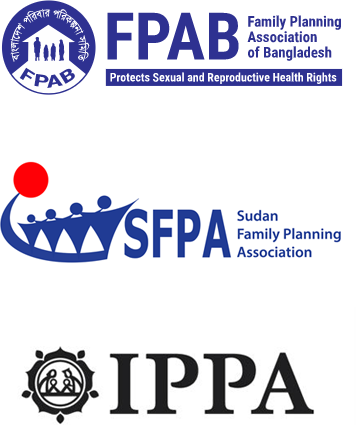
Data are captured through feedback forms, and the Clinical Management Information System provides clinics with manual or electronic records about their service users. These data are regularly analysed and discussed by clinic staff. During 2014, Member Associations in Bangladesh, Indonesia and Sudan made a total of 23 programme decisions after reviewing data.
 Bangladesh Published in 2014
Bangladesh Published in 2014 During a review of clinic performance, the Family Planning Association of Bangladesh (FPAB) observed that one particular clinic experienced a significant rise in the number of services provided.

Based in Laxmipur, this clinic had held a series of awareness‑raising events to convey key messages on sexual and reproductive health, including safe menstrual regulation, and to promote free service days. Data showed that following these events, there was a 95 per cent increase in the number of clients seeking menstrual regulation between April and September 2014. Learning from the experience, FPAB is replicating this strategy across all its clinics to increase access to safe menstrual regulation services.
Impact statistics, 2009-2015
275,852 unintended pregnancies averted
240 maternal deaths averted
107,099 unsafe abortions averted
15,570 number of abortion clients
174,517 number of contraceptive clients
 Indonesia Published in 2014
Indonesia Published in 2014 The Indonesian Planned Parenthood Association (IPPA) is using client data collected through the Clinical Management Information System to improve quality of care through effective monitoring.

IPPA began providing medical abortion services in 2014, and data on complication rates following the procedure are carefully recorded and monitored. This enables clinic managers to follow up on any complications quickly, identify the cause, and take steps to assure the quality of the medical abortion services provided. In addition, IPPA clinics are collecting data to identify areas not reached by services and populations that do not currently access IPPA’s clinics. IPPA has used these analyses to implement targeted messaging campaigns aimed at under‑served groups to increase client flow to clinics.
Impact statistics, 2007-2019
18,810 unintended pregnancies averted
7 maternal deaths averted
6,254 unsafe abortions averted
40,518 number of abortion clients
135,745 number of contraceptive clients
 Sudan Published in 2014
Sudan Published in 2014 Despite ongoing outreach efforts by the Sudan Family Planning Association (SFPA), few women were seeking post‑abortion care services in its clinics.

An analysis of service user feedback and meetings with community‑based agents indicated that many clients were accessing a smaller package of services from their local community‑based agents and not travelling to clinics for other services. The community‑based agents are trained by the clinic to provide basic sexual and reproductive health services in the community, but they do not offer more complex counselling or services, including treatment for incomplete abortion. The Member Association took the decision to build the capacity of community‑based agents to identify and refer women to clinics for post‑abortion care. Training on when to refer, together with a system of referral coupons, empowered agents to ensure that women in their catchment areas would be supported to access the services they need in SFPA clinics. The coupon system also enables the clinics and community‑based agents to identify those women who do not attend their referral appointment to ensure follow‑up. Data from 2014 show an increase of 54 per cent in the number of women seeking post‑abortion care services at SFPA’s clinics.
Impact statistics, 2011-2021
319,954 unintended pregnancies averted
626 maternal deaths averted
138,333 unsafe abortions averted
17,803 number of abortion clients
556,063 number of contraceptive clients
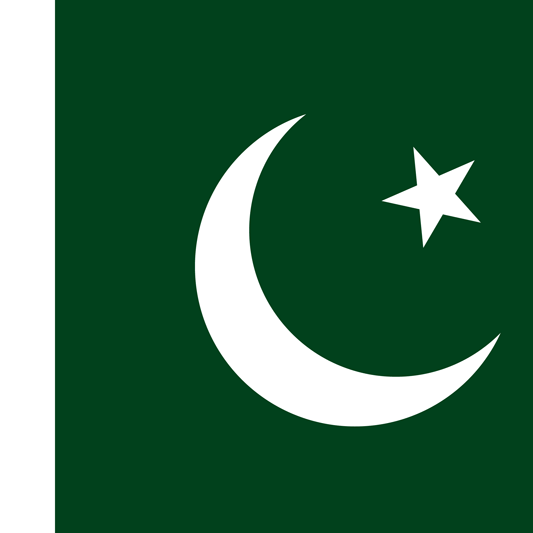 Pakistan Published in 2013
Pakistan Published in 2013 Transformation of abortion programme
An estimated 20 per cent of Pakistani women have an unmet need for contraception, resulting in high levels of unintended pregnancy and induced abortion.24
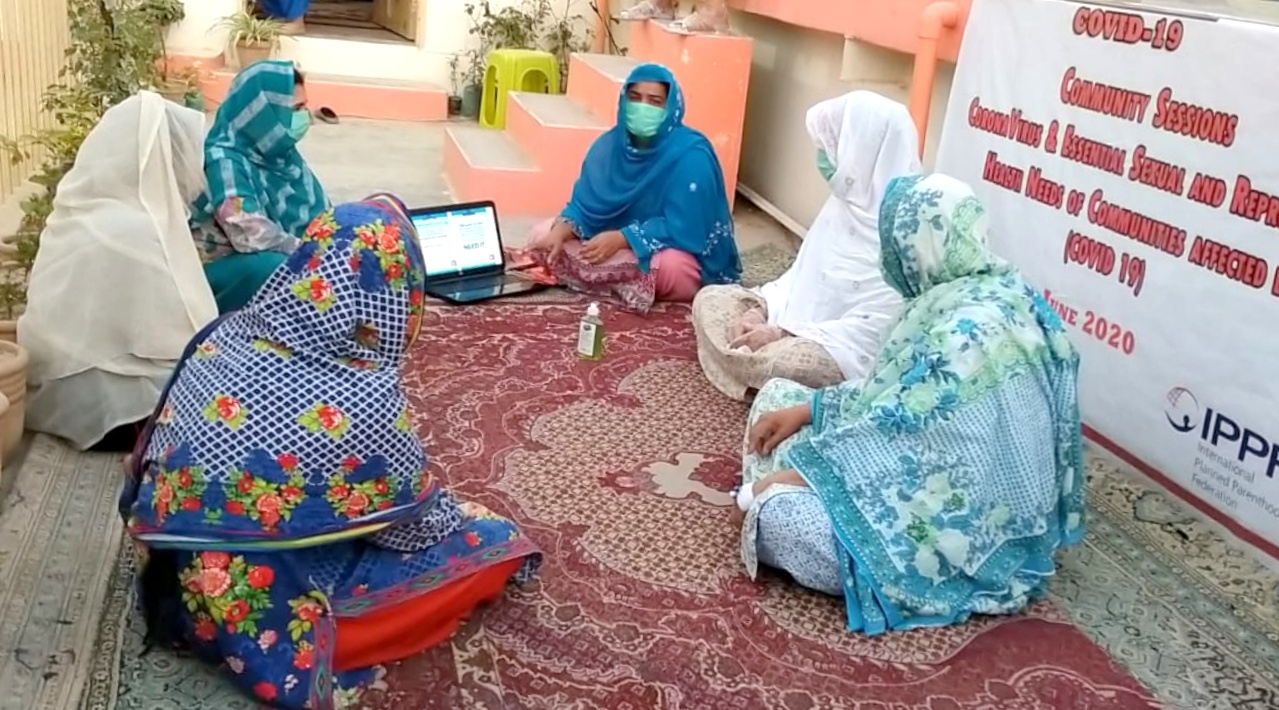
Abortion in Pakistan is legally restricted to saving the life of the woman or providing it as ‘necessary treatment’ early in pregnancy.25 This vague definition, coupled with strong abortion stigma, create a challenging environment in which to provide abortion‑related services.
With support from the Global Comprehensive Abortion Care Initiative, Rahnuma‑Family Planning Association of Pakistan (Rahnuma‑FPAP) has transformed its abortion programming, with significant progress made in the number and quality of abortion‑related services provided within the law. After training medical staff on the provision of surgical and medical abortion, and stocking clinics with the relevant supplies and equipment, Rahnuma‑FPAP began offering these services in 2011. Service providers also received training on pre‑ and post‑abortion counselling, post‑abortion care, and using data to make decisions. In 2015, Rahnuma‑FPAP provided 162,963 abortion‑related services and 1,851,451 contraceptive services, compared with 99,588 and 939,442, respectively, in 2010.
Rahnuma‑FPAP has conducted values clarification training for service providers, focusing on the importance of safe abortion and framed within the legal and religious contexts in Pakistan. Following the training, many service providers no longer had reservations about providing abortions, and some who had previously turned away clients seeking abortion services said they would no longer do so.26
Rahnuma‑FPAP has integrated safe abortion‑related care into its existing and robust quality assurance system, which includes monitoring visits by quality assurance doctors, clinic audits, client exit interviews, focus group discussions and clinic suggestion boxes.
To destigmatize abortion, Rahnuma‑FPAP has built relationships with influential women in communities who raise awareness about abortion and accompany women to clinics. The Association has also held sensitization sessions with community health providers, conducted door‑to‑door visits, and established referral linkages with public and private providers.
Impact statistics, 2011-2021
1,765,801 unintended pregnancies averted
2,124 maternal deaths averted
1,047,526 unsafe abortions averted
139,482 number of abortion clients
798,711 number of contraceptive clients
IPPF supports Member Associations to install and use clinic management information systems (CMIS) in static clinics. The system is based on client data where each has a unique identification number to enable service providers to easily access the client’s history and profile, and provide the best possible care over time.
The system improves clinic efficiency by reducing waiting time and by minimizing the amount of records and registers. CMIS also prevents stock-outs at clinics by generating alerts when medical products or drugs are below certain stock levels, or are near expiry. Having CMIS data supports performance monitoring, understanding of the gaps and strengths in service provision, and decision-making to ensure that resources are directed towards those who need them most.
By the end of 2016, 380 clinics in 42 Member Associations were using CMIS to collect and report client-based data. This includes 186 clinics using the manual CMIS and 194 clinics using the electronic version. Use of the system has not only led to improved quality of care, but has also resulted in better understanding and practice of data utilization to make management decisions at clinics. Some Associations have introduced new services, such as screening for cervical cancer, while others have recruited temporary service providers to minimize client waiting times during busy days or seasons.
Use of the system has also generated awareness of the importance of integrated sexual and reproductive health service provision. CMIS has provided data to review the delivery of IPPF’s Integrated Package of Essential Services, from the perspective of both service providers and clients. A recent review of data at selected sites in India, Ghana, Kenya and Pakistan is being used to investigate integrated service delivery approaches. One area of focus is on the relationship between the uptake of contraceptive services, especially for first‑time users of modern contraception, and links with other non‑contraceptive services that are available in the clinics. Analysis of client-based data has helped Member Associations identify emerging needs among communities and restructure their services to meet those needs. One such analysis indicated the need for integrating sexual and gender-based violence services with other sexual and reproductive health services, particularly safe abortion care.
IPPF’s experience using CMIS has highlighted the importance of confidentiality and other ethical parameters in relation to client-based information. It has contributed to a deeper understanding and appreciation of the need to ensure clients’ rights, the responsibilities of providers, and the need to maintain these ethical standards for all clients, no matter where they receive care.
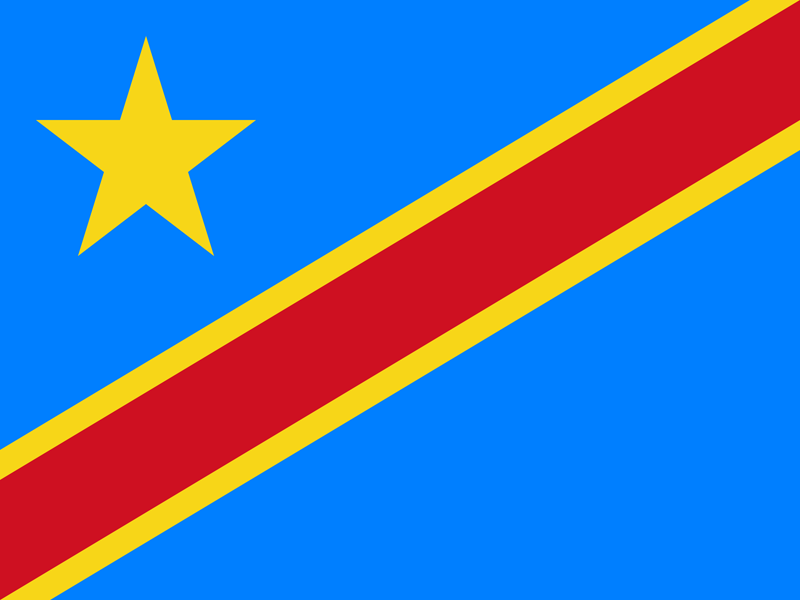 DRC Published in 2018
DRC Published in 2018 Transformation of abortion programme
The Democratic Republic of Congo (DRC) has one of the world’s highest maternal mortality rates, with unsafe abortion a significant contributing factor. Until March 2018, the provision of abortion in DRC was illegal, and access to post‑abortion care extremely limited in public health facilities.

The situation was compounded by a lack of access to modern methods of contraception in the country: 40 per cent of married women and 70 per cent of unmarried, sexually active young women report an unmet need for contraception.
The Association pour le Bien‑être Familial/Naissances Désirables (ABEF/ND) is responding to this situation by expanding access to post‑abortion care within the full extent of the law. Since 2016, ABEF/ND has established and/or refurbished four static clinics in locations with high population density and unmet need for post‑abortion care. The Association trained clinic staff on the provision of services including treatment for incomplete abortion, post‑abortion counselling and post‑abortion contraception. Clinic staff also participated in values clarification workshops, resulting in increased commitment to provide stigma‑free post‑abortion care.
ABEF/ND raises awareness about the availability of post‑abortion care in its own clinics and has also created partnerships with women’s organizations and private health clinics for client referrals. The Association has trained focal points from sex worker support groups and in various locations, such as universities, hair salons and markets, to inform their peers about the availability of post‑abortion care and contraception and to refer clients to ABEF/ND clinics. Social media platforms, door‑to‑door campaigns and educational talks have provided information about post‑abortion care and the availability of services to women and girls. Furthermore, ABEF/ND held values clarification sessions with media professionals, lawyers, students, civil society organizations and members of parliament to transform perceptions about post‑abortion care and contraception.
Through these efforts, ABEF/ND has rapidly expanded the reach of its abortion services. From 2016 to 2018, the Association provided 10,603 clients with treatment for incomplete abortion and 63,326 clients with contraception. In 2018, 94 per cent of post‑abortion clients adopted a method of contraception within two weeks. To further increase access to post‑abortion care, ABEF/ND is establishing new service delivery points in high need areas, including the eastern DRC.
Since March 2018, abortion is permitted when a woman’s mental or physical health is at risk and in cases of rape, incest and fetal anomaly. ABEF/ND is now working with the Ministry of Health and other partners to revise the national guidelines on providing comprehensive abortion care.
Impact statistics, 2016-2021
448,501 unintended pregnancies averted
1,933 maternal deaths averted
174,166 unsafe abortions averted
51,303 number of abortion clients
261,717 number of contraceptive clients
 Sudan Published in 2020
Sudan Published in 2020 Setting up call centre during COVID
Sudan’s people face many challenges – ongoing military conflict, poverty and the impact of economic sanctions – all of which have had a huge impact on the health system, especially on already‑limited SRH services.

Added to this, 70 per cent of the population live in rural areas, eight per cent are nomads, five per cent are IDPs,17 and another five per cent are refugees,18 which means much of the country is hard to reach.
When COVID‑19 struck and a government lockdown was imposed the Sudan Family Planning Association (SFPA) had to cease many of its usual activities. Knowing that a majority of the population (74 per cent) had phones,19 SFPA decided to use telemedicine to continue its SRH services, and established a call centre.
Working with the Ministry of Health, the Sudanese Society of Obstetrics & Gynaecology and the International Red Crescent, SFPA created a centralized call centre under a single dedicated phone number.
The goal was to ensure continued access to SRH services, particularly for vulnerable groups including rural populations, women and girls, nomads and displaced people.
Working closely with Sudan’s largest telecommunications provider, the centre was promoted through SMS blasts, radio and social media, and also by word of mouth via a network of community leaders. The centre started with four trained physicians and quickly expanded to 14 in order to handle the volume of calls. All physicians received an SRH refresher course and training on call centre technology, effective phone communication, and psychological first aid.
Callers were screened, provided with counselling and either offered a home visit by community workers, or referred to the nearest available SPFA, state or private clinic.
A complementary WhatsApp/SMS system was set up to allow clients to ask questions, and receive prescriptions and test results. Between April and October 2020 the call centre handled 89,000 calls, 4,450 people received counselling, and 9,900 clients received face‑to‑face services.
Overall, the call centre has had many positive outcomes, including expanding SFPA’s coverage from 11 states to countrywide. This has enabled SFPA to continue providing essential SRH services during the pandemic with improved responsiveness to changing client needs. The call centre data shows some notable new trends, such as men talking about their sexual problems and engaging in reproductive health issues; women talking about their loss of libido (usually this is not an issue Sudanese women talk about); young girls feeling free to ask about their reproductive rights; people living with HIV asking for advice on how to protect their partners from transmission and condom usage; and women with long‑standing symptoms being able to access healthcare without fearing the financial cost.
Impact statistics, 2011-2021
319,954 unintended pregnancies averted
626 maternal deaths averted
138,333 unsafe abortions averted
17,803 number of abortion clients
556,063 number of contraceptive clients
Member Association impact
 Armenia - For Family and Health Pan-Armenian Association (PAFHA)
Armenia - For Family and Health Pan-Armenian Association (PAFHA) 2,978 number of abortion clients
2,723 number of contraceptive clients
 Bangladesh - Family Planning Association of Bangladesh (FPAB)
Bangladesh - Family Planning Association of Bangladesh (FPAB)275,852 unintended pregnancies averted
240 maternal deaths averted
107,099 unsafe abortions averted
15,570 number of abortion clients
174,517 number of contraceptive clients
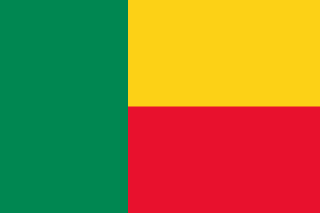 Benin - Association Béninoise pour la Promotion de la Famille (ABPF)
Benin - Association Béninoise pour la Promotion de la Famille (ABPF)158,263 unintended pregnancies averted
433 maternal deaths averted
61,378 unsafe abortions averted
6,621 number of abortion clients
128,153 number of contraceptive clients
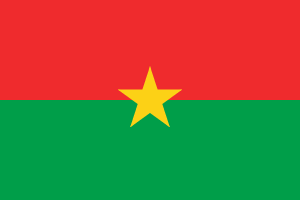 Burkina Faso - Association Burkinabé pour le Bien-Etre Familial (ABBEF)
Burkina Faso - Association Burkinabé pour le Bien-Etre Familial (ABBEF)433,332 unintended pregnancies averted
1,097 maternal deaths averted
176,570 unsafe abortions averted
25,861 number of abortion clients
276,270 number of contraceptive clients
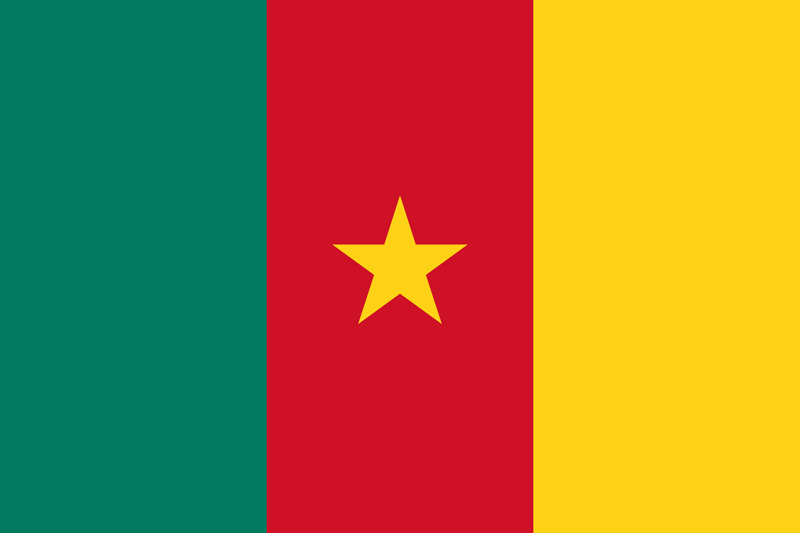 Cameroon - Cameroon National Planning Association for Family Welfare (CAMNAFAW)
Cameroon - Cameroon National Planning Association for Family Welfare (CAMNAFAW) 405,467 unintended pregnancies averted
1,649 maternal deaths averted
180,171 unsafe abortions averted
68,326 number of abortion clients
464,745 number of contraceptive clients
 Cote d'Ivoire - Association Ivoirienne pour le Bien-Etre Familial (AIBEF)
Cote d'Ivoire - Association Ivoirienne pour le Bien-Etre Familial (AIBEF)97,967 unintended pregnancies averted
371 maternal deaths averted
37,719 unsafe abortions averted
4,221 number of abortion clients
173,701 number of contraceptive clients
 Democratic Rep. of Congo - Association pour le Bien-Etre Familial-Naissances Désirables (ABEF-ND)
Democratic Rep. of Congo - Association pour le Bien-Etre Familial-Naissances Désirables (ABEF-ND)448,501 unintended pregnancies averted
1,933 maternal deaths averted
174,166 unsafe abortions averted
51,303 number of abortion clients
261,717 number of contraceptive clients
 Ethiopia - Family Guidance Association of Ethiopia (FGAE)
Ethiopia - Family Guidance Association of Ethiopia (FGAE)1,375,720 unintended pregnancies averted
2,776 maternal deaths averted
374,819 unsafe abortions averted
85,766 number of abortion clients
1,023,356 number of contraceptive clients
 Ghana - Planned Parenthood Association of Ghana (PPAG)
Ghana - Planned Parenthood Association of Ghana (PPAG)188,672 unintended pregnancies averted
467 maternal deaths averted
77,368 unsafe abortions averted
12,105 number of abortion clients
535,114 number of contraceptive clients
 Guinea-Conakry - Association Guinéenne pour le Bien-Etre Familial (AGBEF)
Guinea-Conakry - Association Guinéenne pour le Bien-Etre Familial (AGBEF)46,365 unintended pregnancies averted
226 maternal deaths averted
21,935 unsafe abortions averted
6,588 number of abortion clients
35,856 number of contraceptive clients
 India - Family Planning Association of India (FPA India)
India - Family Planning Association of India (FPA India)4,131,623 unintended pregnancies averted
2,746 maternal deaths averted
1,481,280 unsafe abortions averted
214,931 number of abortion clients
1,695,601 number of contraceptive clients
 Indonesia - Indonesian Planned Parenthood Association (IPPA)
Indonesia - Indonesian Planned Parenthood Association (IPPA)18,810 unintended pregnancies averted
7 maternal deaths averted
6,254 unsafe abortions averted
40,518 number of abortion clients
135,745 number of contraceptive clients
 Kenya - Family Health Options Kenya (FHOK)
Kenya - Family Health Options Kenya (FHOK)72,614 unintended pregnancies averted
367 maternal deaths averted
41,487 unsafe abortions averted
31,669 number of abortion clients
157,519 number of contraceptive clients
 Kyrgyzstan - Reproductive Health Alliance of Kyrgyzstan (RHAK)
Kyrgyzstan - Reproductive Health Alliance of Kyrgyzstan (RHAK)3,034 number of abortion clients
6,677 number of contraceptive clients
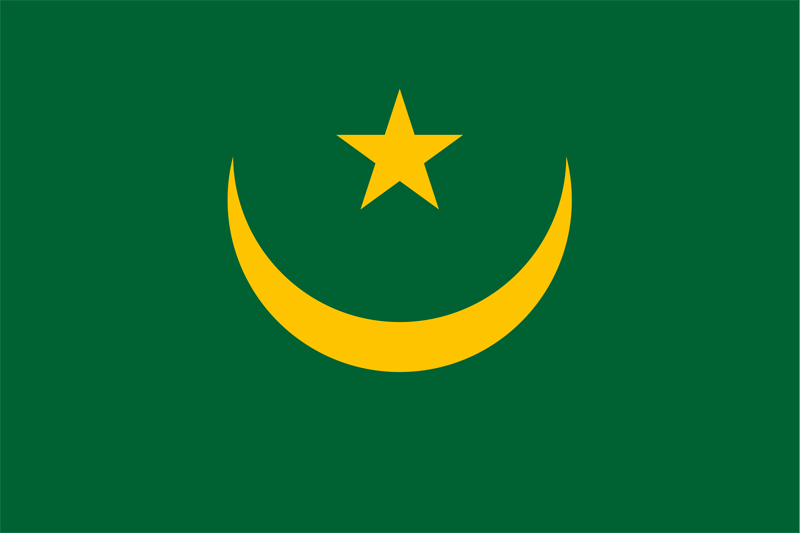 Mauritania - Association Mauritanienne pour la Promotion de la Famille (AMPF)
Mauritania - Association Mauritanienne pour la Promotion de la Famille (AMPF)117,177 unintended pregnancies averted
366 maternal deaths averted
44,693 unsafe abortions averted
4,020 number of abortion clients
56,954 number of contraceptive clients
 Mongolia - Mongolian Family Welfare Association (MFWA)
Mongolia - Mongolian Family Welfare Association (MFWA)1,953 number of abortion clients
6,330 number of contraceptive clients
 Morocco - Association Marocaine de Planification Familial (AMPF)
Morocco - Association Marocaine de Planification Familial (AMPF)43,016 number of contraceptive clients
 Nepal - Family Planning Association of Nepal (FPAN)
Nepal - Family Planning Association of Nepal (FPAN)496,768 unintended pregnancies averted
529 maternal deaths averted
217,872 unsafe abortions averted
75,262 number of abortion clients
257,056 number of contraceptive clients
 Pakistan - Rahnuma - Family Planning Association of Pakistan (Rahnuma-FPAP)
Pakistan - Rahnuma - Family Planning Association of Pakistan (Rahnuma-FPAP)1,765,801 unintended pregnancies averted
2,124 maternal deaths averted
1,047,526 unsafe abortions averted
139,482 number of abortion clients
798,711 number of contraceptive clients
 Palestine - Palestinian Family Planning and Protection Association (PFPPA)
Palestine - Palestinian Family Planning and Protection Association (PFPPA)75,677 unintended pregnancies averted
15 maternal deaths averted
17,773 unsafe abortions averted
1,671 number of abortion clients
28,971 number of contraceptive clients
 Sudan - Sudan Family Planning Association (SFPA)
Sudan - Sudan Family Planning Association (SFPA)319,954 unintended pregnancies averted
626 maternal deaths averted
138,333 unsafe abortions averted
17,803 number of abortion clients
556,063 number of contraceptive clients
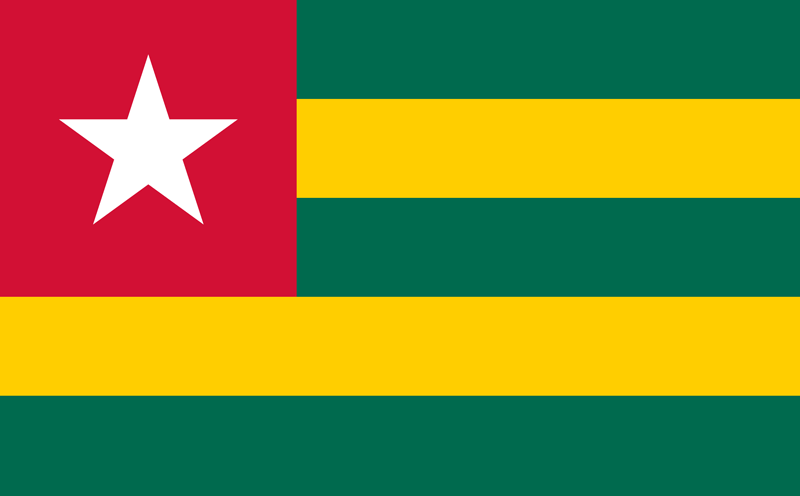 Togo - Association Togolaise pour le Bien-Etre Familial (ATBEF)
Togo - Association Togolaise pour le Bien-Etre Familial (ATBEF)47,610 unintended pregnancies averted
117 maternal deaths averted
18,752 unsafe abortions averted
2,330 number of abortion clients
52,652 number of contraceptive clients
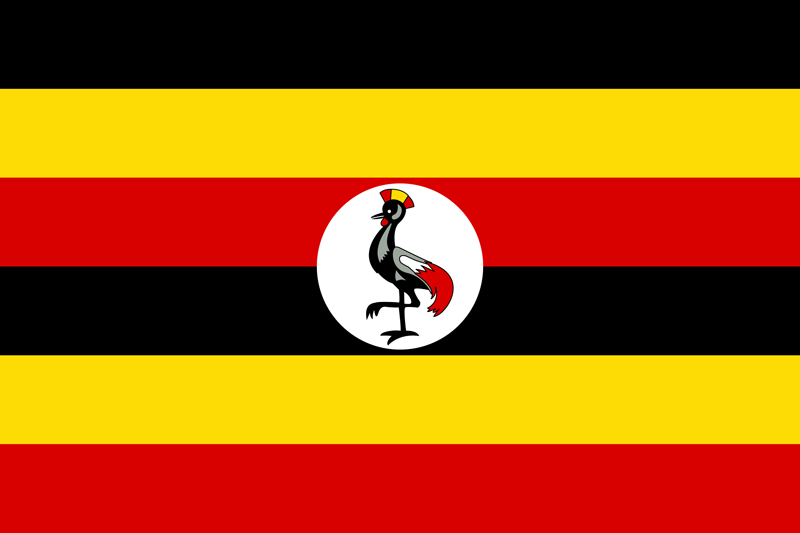 Uganda - Reproductive Health Uganda (RHU)
Uganda - Reproductive Health Uganda (RHU)1,027,197 unintended pregnancies averted
1,947 maternal deaths averted
277,032 unsafe abortions averted
61,768 number of abortion clients
287,573 number of contraceptive clients
Resources
Website
Medical Abortion Commodities DatabaseGuidelines
Comprehensive Abortion Care GuidelinesTraining
Online medical abortion trainingCase studies
Expanding access to safe abortion in India Providing comprehensive care in CameroonResearch
A cross-sectional analysis of mifepristone, misoprostol, and combination mifepristone-misoprostol package inserts obtained in 20 countries A descriptive analysis of medical abortion commodity availability and pricing at retail outlets in 44 countries across four regions globally Exploring stigma and social norms in women’s abortion experiences and their expectations of care Abortion quality of care from the client perspective: a qualitative study in India and KenyaVideos
What is surgical abortion? What is medical abortion? Women’s voices: CameroonReports
Innovating to provide abortion care during COVID-19when







